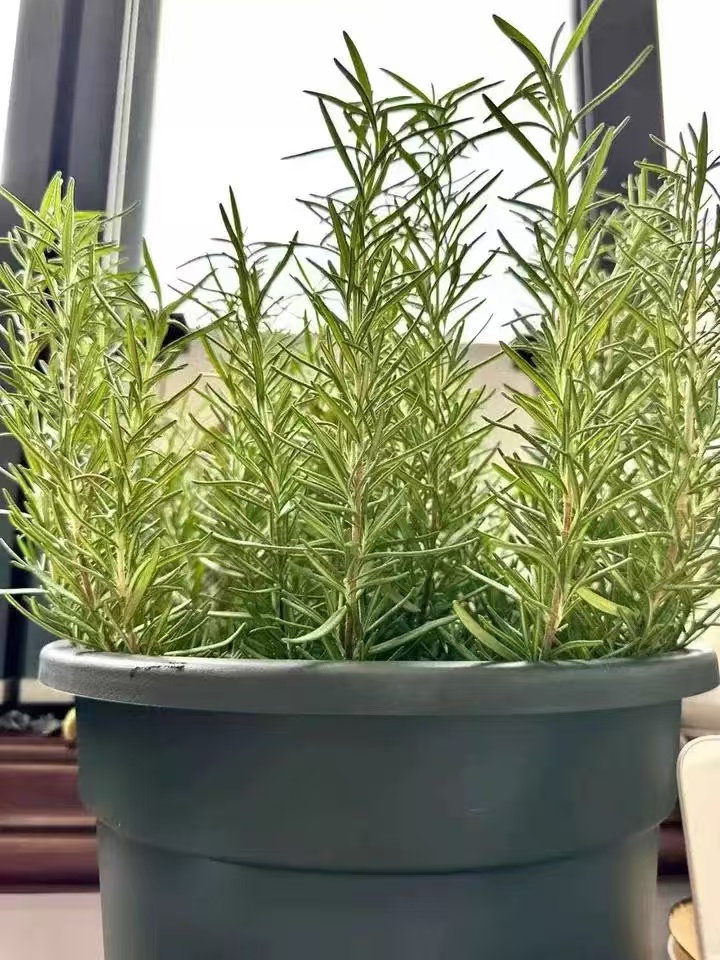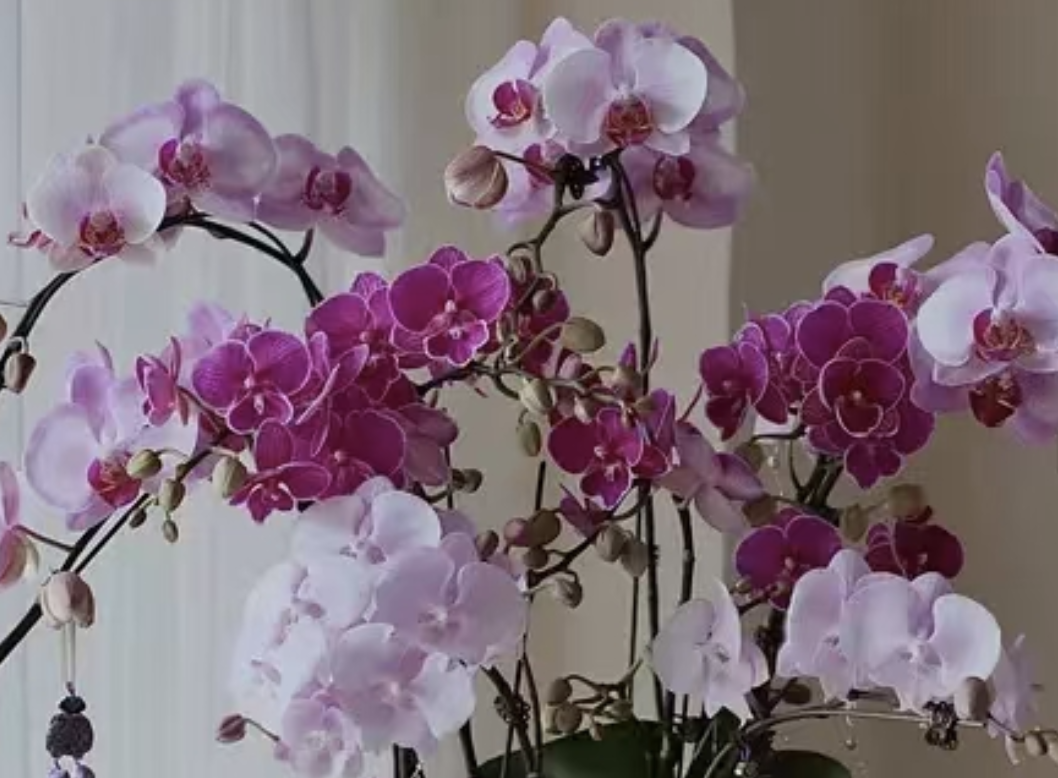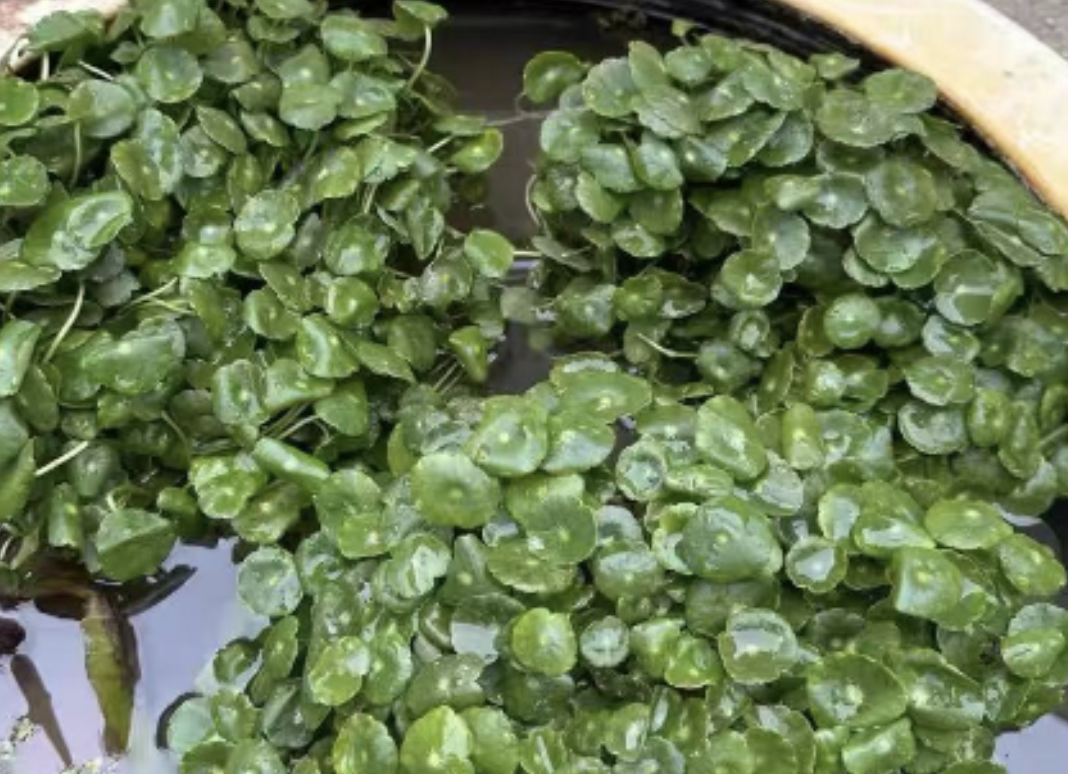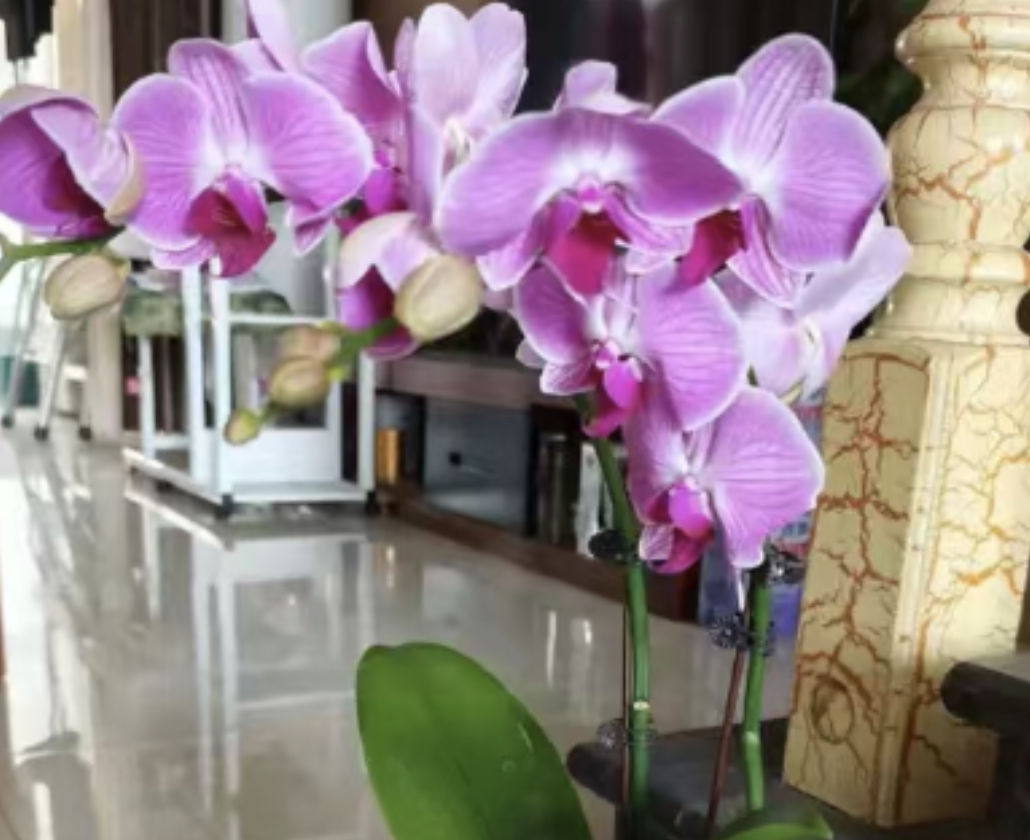Thyme is a small plant with green leaves. Its flowers are small and delicate, with pale purple petals surrounding the golden stamens. Its fragrance is fresh and long-lasting. It can be used in cooking to enhance the flavor of food and can also be used as medicine to help maintain human health.
Thyme is a herbaceous plant with strong adaptability and is easy to cultivate. It can not only be planted outdoors but is also very suitable for potting and placing at home. With its small plant type and beautiful appearance, it is an indoor plant that has both ornamental and practical values.
Suitable Planting Conditions: Thyme prefers an environment with sufficient sunlight. If there are bright windows indoors, placing the potted plants in these positions can ensure that the plants receive at least 6 - 8 hours of sunlight every day. Note that although it likes sunlight, it should avoid being exposed to strong sunlight in summer and be properly shaded to prevent the leaves from being burned. Thyme doesn't have high requirements for soil but prefers well-drained soil. It is recommended to use sandy soil or humus soil and add a small amount of perlite or vermiculite particles to improve the drainage performance. Meanwhile, it is also important to choose a pot or container with drainage holes to avoid excessive water accumulation that may cause root rot.
Thyme has strong adaptability and can grow in environments with relatively low temperatures, but the most suitable temperature range is 20 - 25 degrees Celsius. Keep the indoor temperature stable and avoid extreme temperature fluctuations. In addition, thyme doesn't like high-humidity environments, so good ventilation is required.
Maintenance Precautions: Keep the soil moist but not waterlogged. Wait until the surface of the soil dries before watering again to avoid overwatering that may cause root rot. During the growing season, usually watering once a week is enough.
During the growing season (from spring to summer), apply a balanced fertilizer once every 4 - 6 weeks to promote plant growth. Both water-soluble and granular fertilizers can be used, but avoid excessive fertilization.
Regular pruning of thyme can promote the branching growth of the plant and make it more bushy. When harvesting fresh leaves, make sure not to cut off more than one-third of the plant's height to keep the plant healthy.
Regularly check the thyme plants to prevent the invasion of pests and diseases. Common problems include thrips, snails, and aphids. Using organic pesticides or removing pests by hand can effectively solve these problems.
Thyme not only has an attractive appearance but also has multiple functions and effects.
Dispelling Wind and Relieving Exterior Syndrome: Thyme is pungent in taste and slightly warm in nature and has the effect of dispelling wind and relieving exterior syndrome. In the early stage of a cold, using an appropriate amount of thyme can relieve symptoms and promote recovery.
Promoting Qi Circulation and Relieving Pain: Thyme contains certain pain-relieving components, such as thymol. It has a certain relieving effect on symptoms such as headache and toothache.
Relieving Cough: Thyme also has the effect of relieving cough and is suitable for treating respiratory diseases such as cough.
Lowering Blood Pressure: Thyme also has certain benefits for patients with hypertension. It can lower blood pressure and protect cardiovascular health.
In addition, thyme can also be used to treat diseases such as indigestion and acute gastroenteritis. Its pharmacological effects include anti-inflammatory and analgesic effects. In clinical use, thyme can be taken orally by decocting in water, grinding into powder or soaking in wine; it can also be used externally or by decocting and washing the affected area.
Thyme is an edible spice and is widely used in cooking. Its unique flavor can add flavor to dishes and enhance appetite. Meanwhile, thyme also has certain nutritional value, and moderate consumption is beneficial to the human body.
Thyme not only has multiple medicinal and edible values but also has good ornamental value. Therefore, planting thyme potted plants at home can not only allow you to enjoy its beauty and fragrance but also bring you multiple benefits for health and deliciousness.
Can Thyme Potted Plants Be Placed at Home?

Share with
Tagged in :




Leave a Reply